
JAN 17, 2020 / MEXICO
Bertha Gonzalez Brings Friends to Celebrate Ten Years of Tequila
In Mexico, Bertha Gonzalez commemorates the tenth anniversary of her tequila brand, Casa Dragones, with some of the country’s most notable culinary women.
Words and photography by Samanta Helou
It’s November in San Miguel Allende, a city in the Mexican state of Guanajuato known for its charming cobbled streets, burnt orange hues, and colonial architecture. The city is bursting with energy as it prepares for Día de Muertos celebrations. Street vendors and market stands sell bouquets of marigolds for decorating altars—their bright orange color and sweet aroma is said to attract the spirits of the dead—little ones don calavera face paint resembling sugar skulls, city workers hang multicolored papel picado through the streets, and family members make their way to the cemetery to honor the dead with candles, flowers, and their loved ones’ favorite meals.
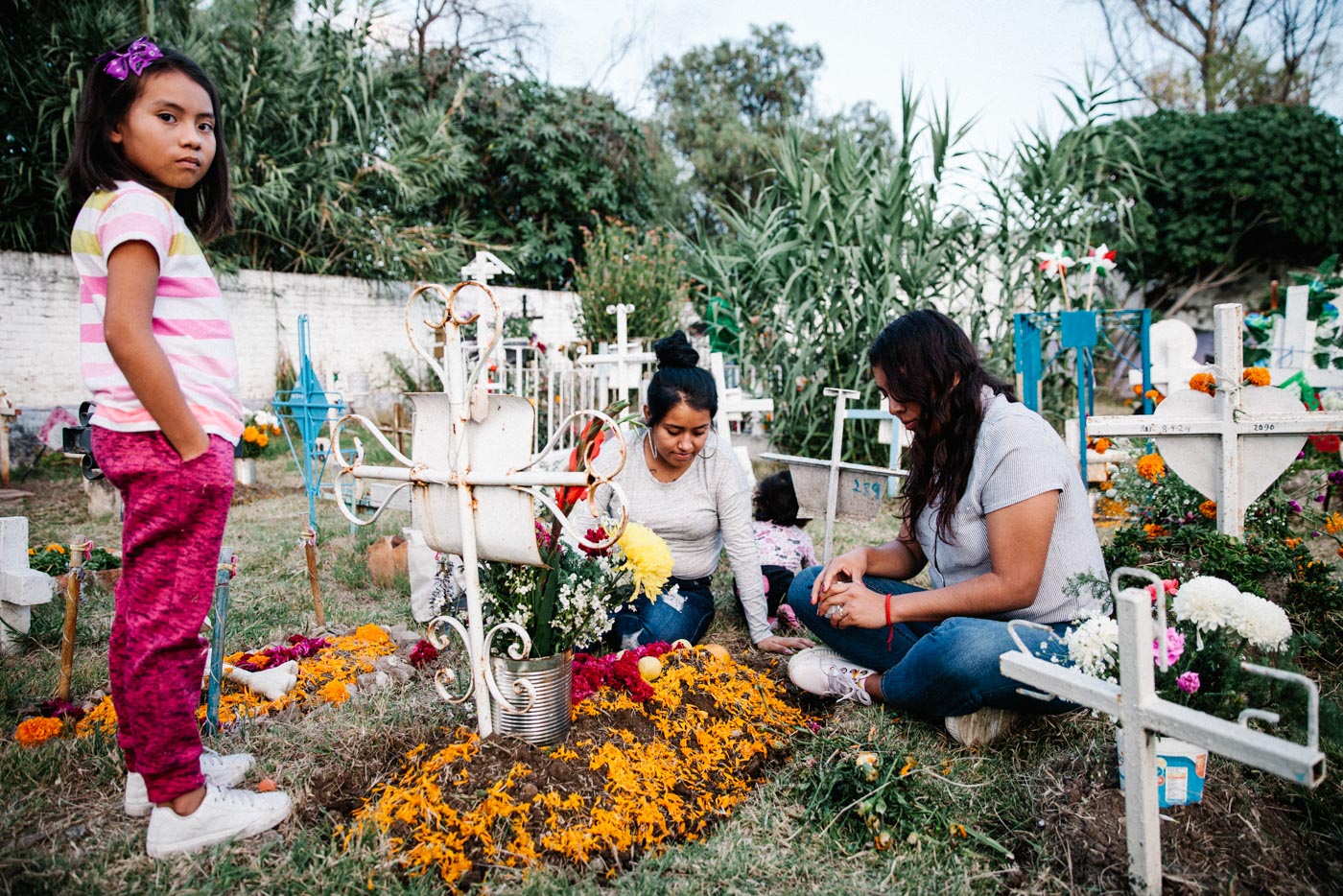
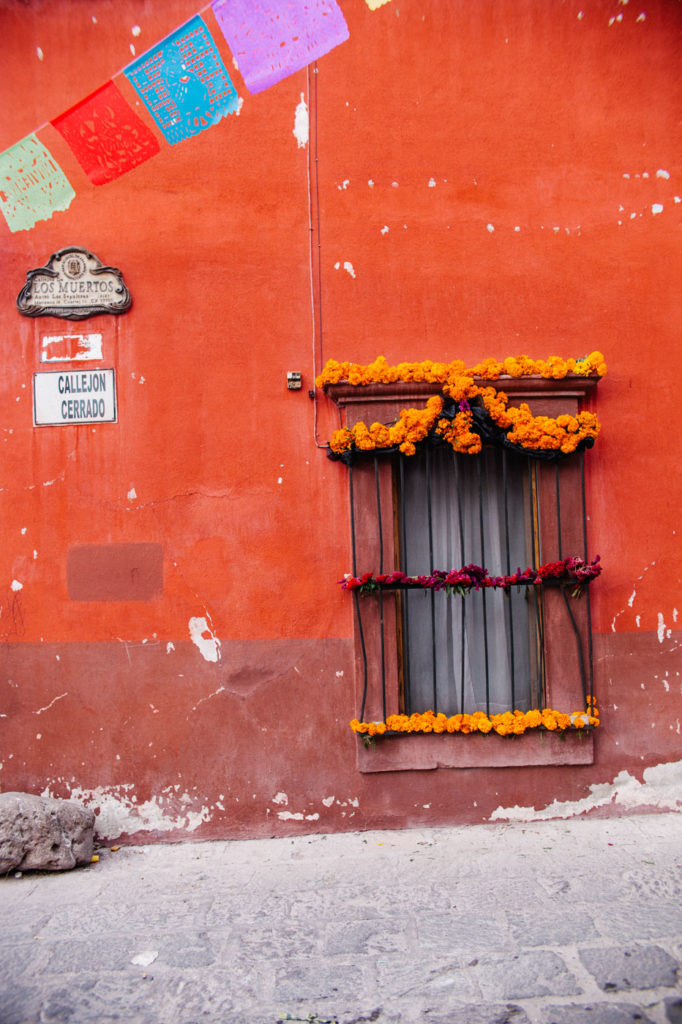
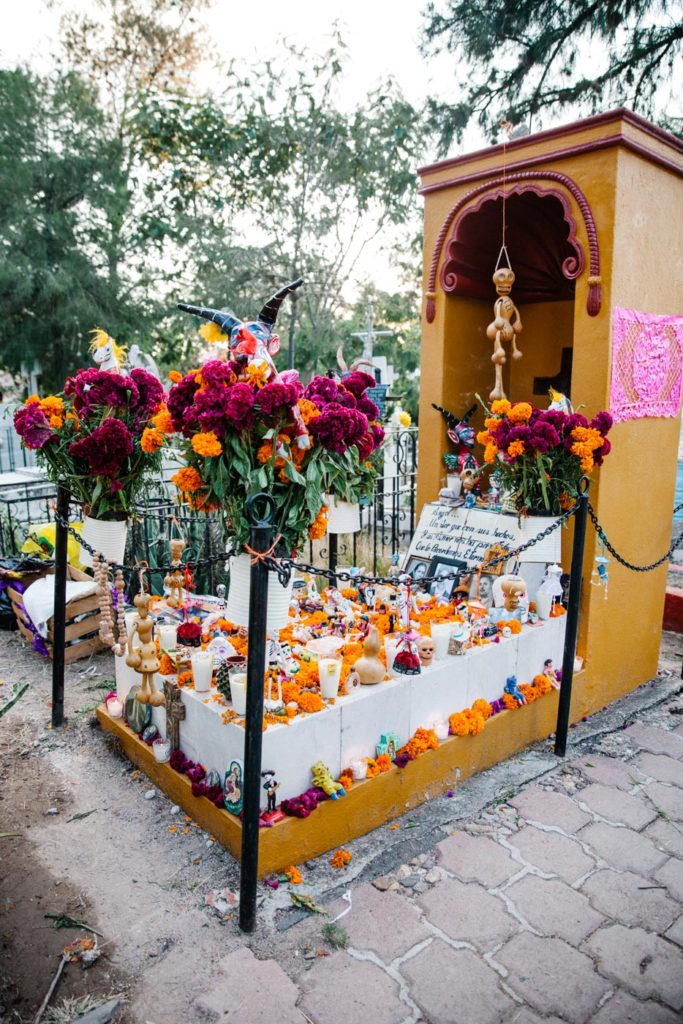
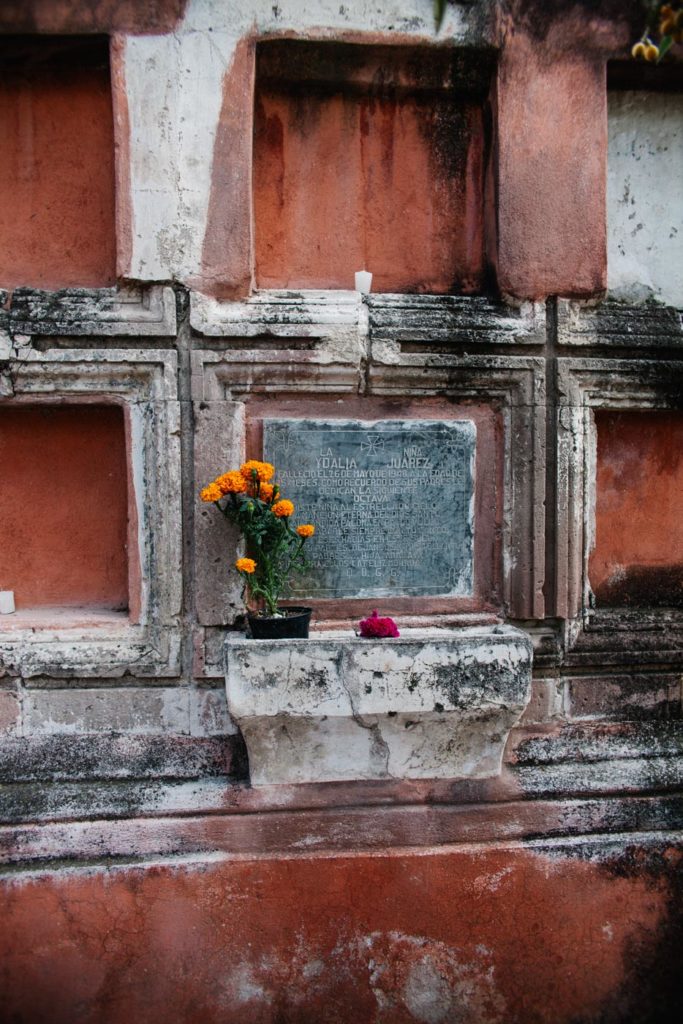
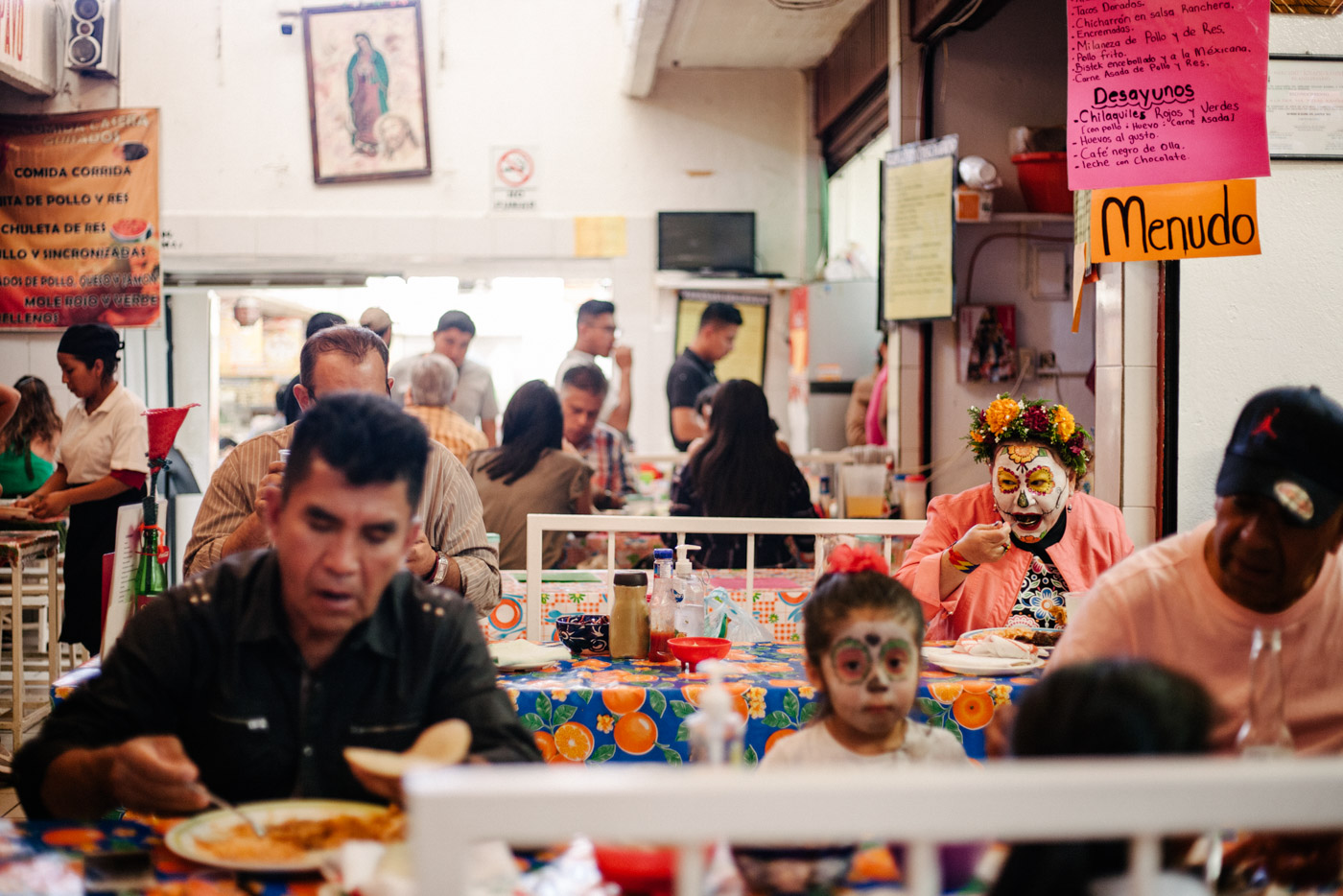
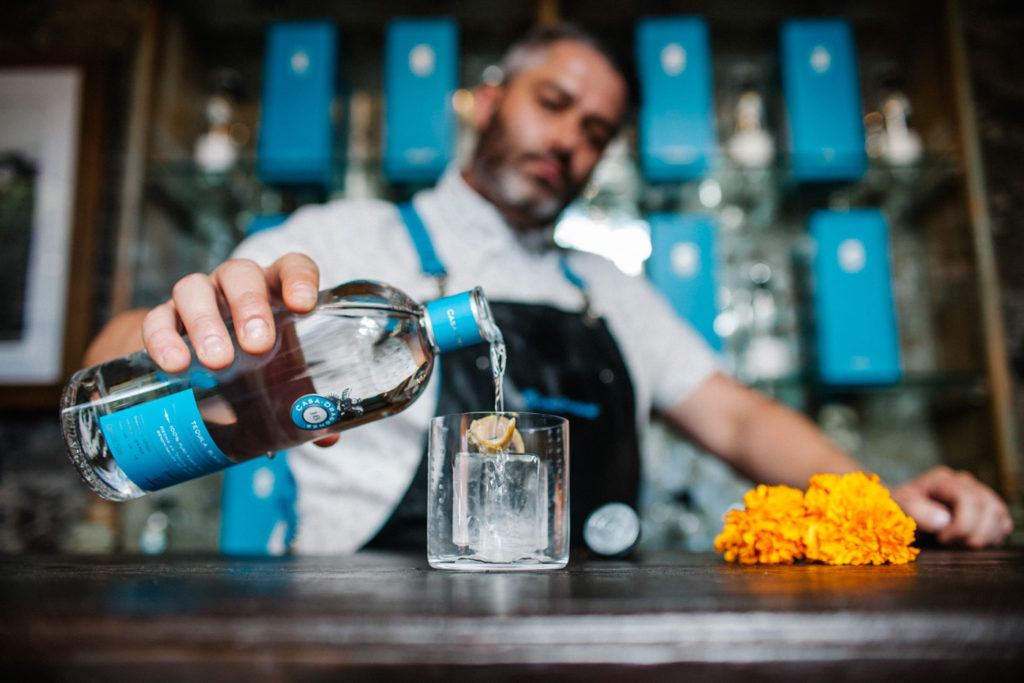
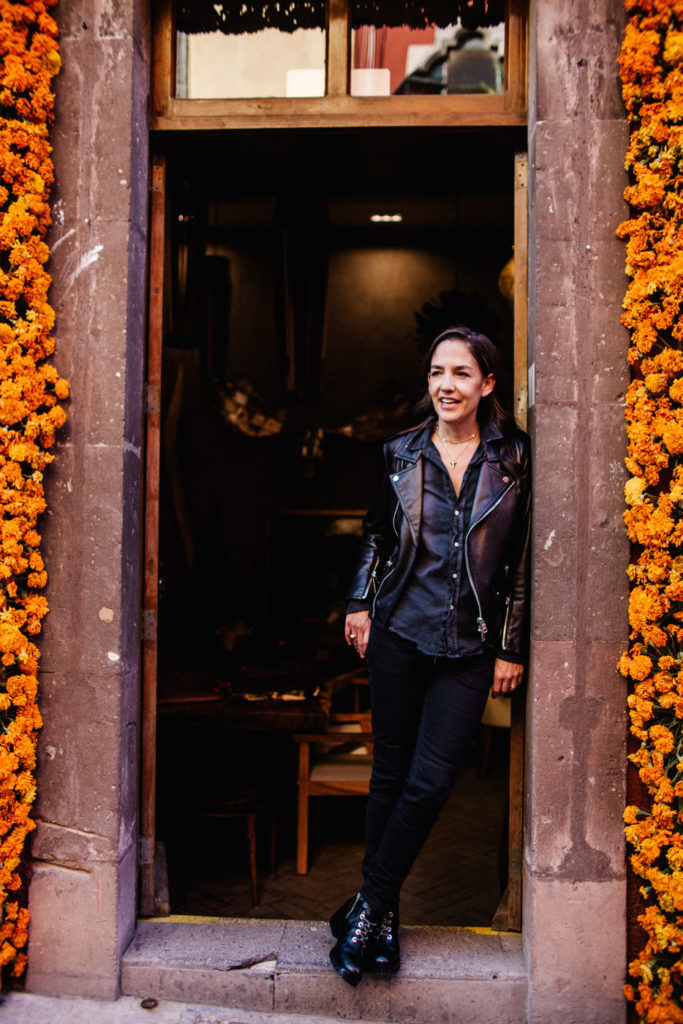
Bertha Gonzalez
It’s in the midst of this beautiful chaos that Casa Dragones prepares for their ten-year anniversary celebration. The brand is run by Bertha Gonzalez, a veteran of the tequila industry who’s worked as an executive at Jose Cuervo.
Gonzalez’s initial interest in the spirit began at a young age when her abuelita started Sunday family dinners with a tequila toast. As a child, she nagged her grandmother every week to let her taste the tequila until she finally caved and let her granddaughter have a sip. Gonzalez remembers this moment fondly; the toast was a sacred ritual that brought her family together.
Later, she realized how important this beverage was for her country. “It’s part of our social fabric of who we are in Mexico. We drink tequila to celebrate and we drink tequila to cry,” Gonzalez explains. “I fell in love with everything about tequila—its production process, the role it plays in our society, the role it plays in our international image, and how it’s the traditional companion in Mexican cuisine.”

A deep need to create her own brand of tequila that emphasized Mexican craftsmanship led Gonzalez to leave Jose Cuervo and create Casa Dragones. After twelve years in the industry, she became the country’s first female Maestra Tequilera, an expert title which allows her to take charge of the tequila’s flavor and maintain quality control. Each bottle of her signature joven-style tequila—a blend of silver and extra aged versions served in champagne-like flutes and meant to be sipped—sells for nearly $300. The goal: to create a small-batch, high-quality spirit that can compete with top-shelf options.
“We didn’t want to only focus on Mexican food,” Gonzalez says. “We wanted to prove that tequila really has a place at the table with international cuisine.”
Today, Casa Dragones is internationally recognized and featured at some of the top restaurants. Gonzalez’s trajectory is admirable. “When I wanted to enter the tequila industry, I never thought about being a woman. Then when I was inside, I looked around and realized there weren’t many of us,” says Gonzalez. “I didn’t want to be defined as a woman. I wanted to be defined by my work.”
Gonzalez is part of a group of women helping redefine the Mexican food and beverage industry which includes Daniela Soto-Innes of Cosme in New York City; Fabiola Padilla, an alum of Cosme and owner of Bekeb in San Miguel de Allende; and Elena Reygadas of Rosetta in Mexico City. Together, they’ve built a community of support that opens doors for a more inclusive culture. Gonzalez tapped these women for the Casa Dragones celebration.

Daniela Soto-Innes
Soto-Innes has been influential in changing back-of- house culture in her New York restaurant. Her hiring is also inclusive—two of her sous chefs and the pastry chef are women.
“What we do at Cosme is we make sure everyone is growing. We all know how to work every station. We work as a team, which is why we can serve 370 people with only five people on the line,” explains Estefania Brito, sous chef at Cosme. “It’s all about creating consciousness the first day someone arrives. We have a legacy of treating everyone with respect. We are educating the next generation to change the kitchen culture.”
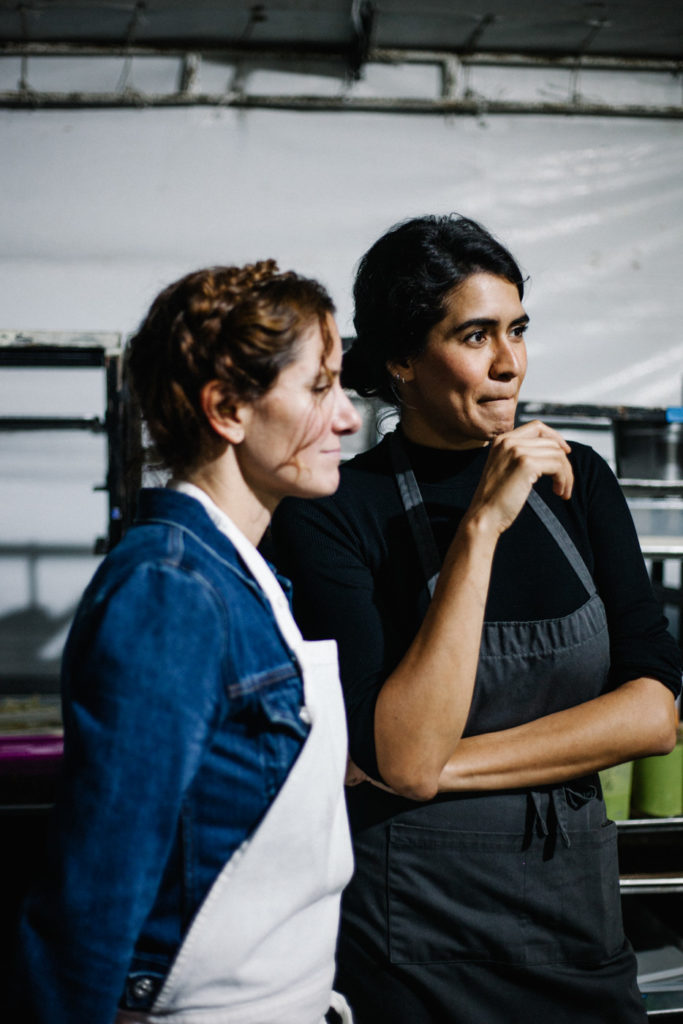
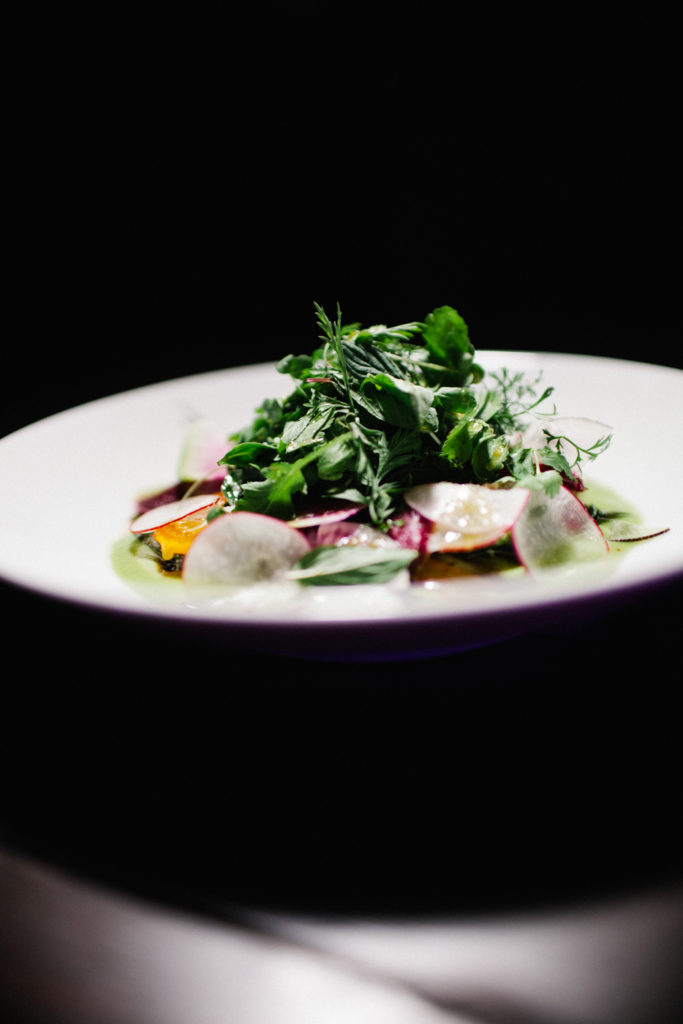
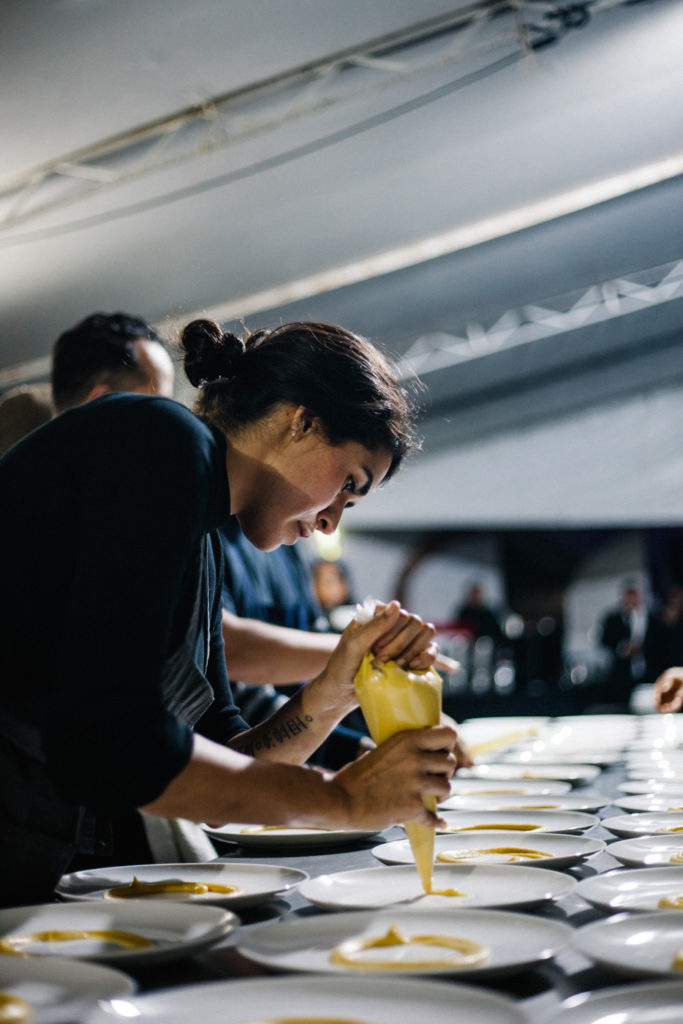
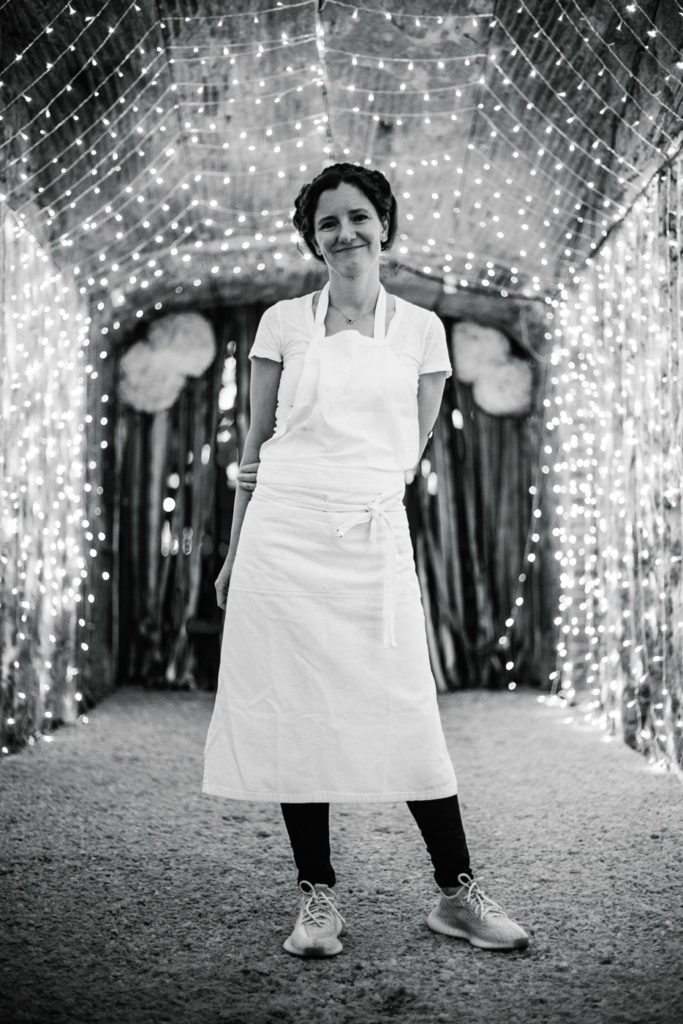
Elena Reygadas
For Reygadas, respect for the environment and each ingredient is her ultimate goal while creating dishes for her Mexico City restaurants and bakery. She cooks with regional ingredients deeply rooted in Mexican cuisine, like gnocchi with hoja santa, an herbaceous leaf used in southern Mexican cooking. The chef finds inspiration in Mexico’s diverse geographical regions full of unique ingredients like chicatana ants, wild mushrooms and papalo. “The flavor of each ingredient is always better when we respect its temporality, and we respect its land and times of growth,” says Reyagadas.
Reygadas currently runs five restaurants and is raising two children, which is her biggest challenge. To stay close to her children while working long hours, Reygadas must stay organized and often brings them to work with her. She’s working to change a culture that often sees motherhood as an impediment to professional fulfillment.
“I’ve had many challenges as a mother in the industry. It’s not easy to have two kids and to be present in their formation and education,” explains Reygadas. “Even though it’s my greatest challenge to combine those two things, I’ve been able to do it successfully due to my organization and structure. It’s something I can teach my daughters.”
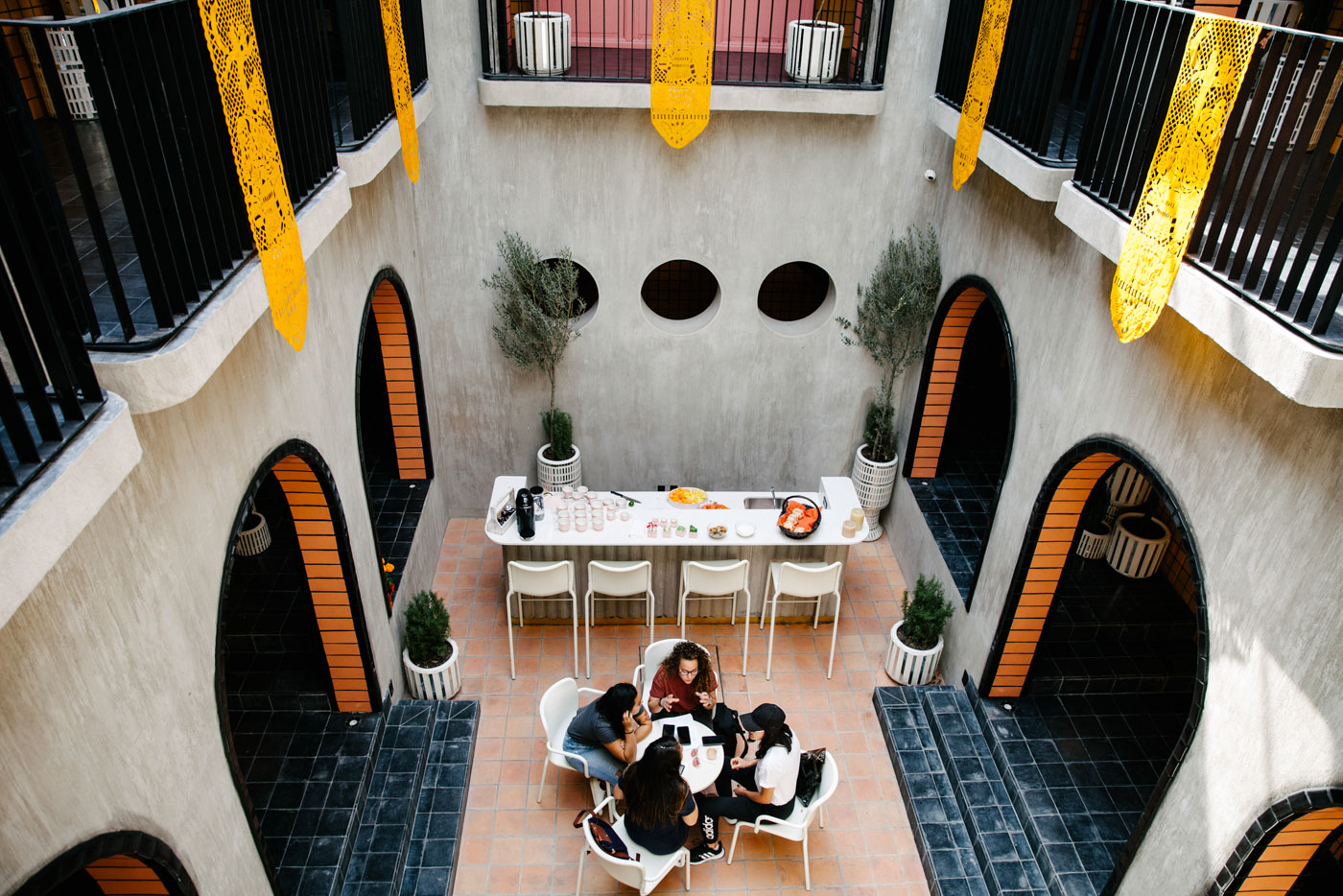
Preparations occur in the courtyard of Casa Hoyos, a boutique hotel in the center of the city. Four women gather around a table figuring out the evening’s dining plan; it’s not a common sight in the restaurant industry. Fabiola Padilla creates a beverage list inspired by the roots, herbs and flowers of Mexico with a modern twist, like a mixture of tequila, grapefruit, activated charcoal and cinnamon. Sisters Estefania and Valentina Brito, both sous chefs at Cosme and lovingly nicknamed “Las Chiquis” because of their short stature, have incomparable speed in the kitchen. And Cosme’s pastry chef, Isabel Coss, is known for complex desserts with Mexican flavors, like her corn husk meringue.
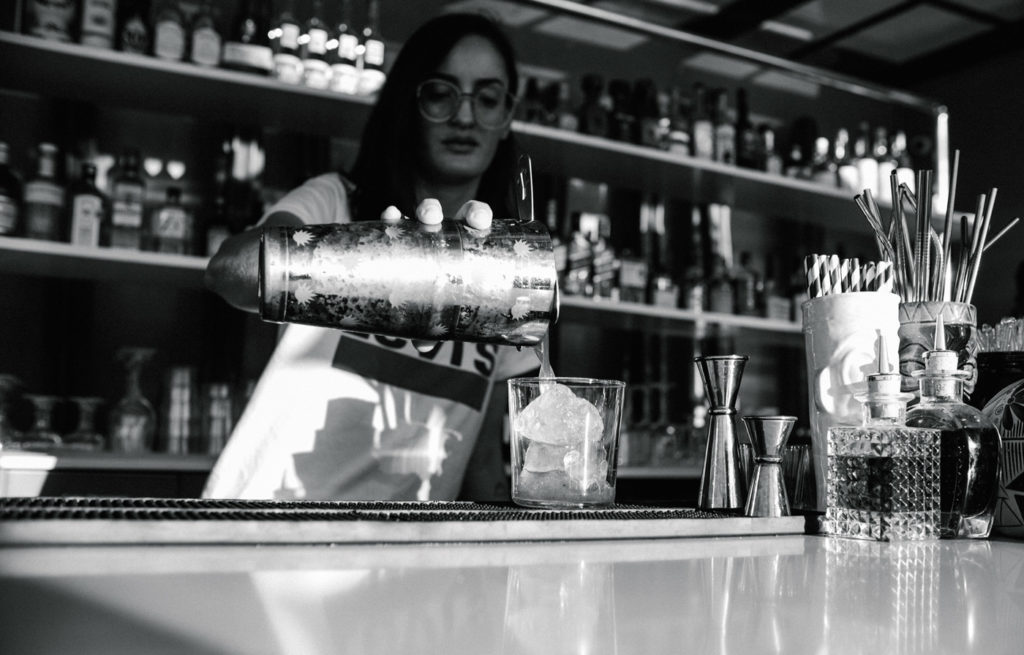
Fabiola Padilla
“To see a team of badass women like you—wow; what an inspiration,” Padilla says to the women sitting next to her while reflecting on her time working with them at Cosme. “I have such admiration for all of you. Even though I wasn’t in the kitchen, you really motivated me to make something of my own as a woman in the industry.”
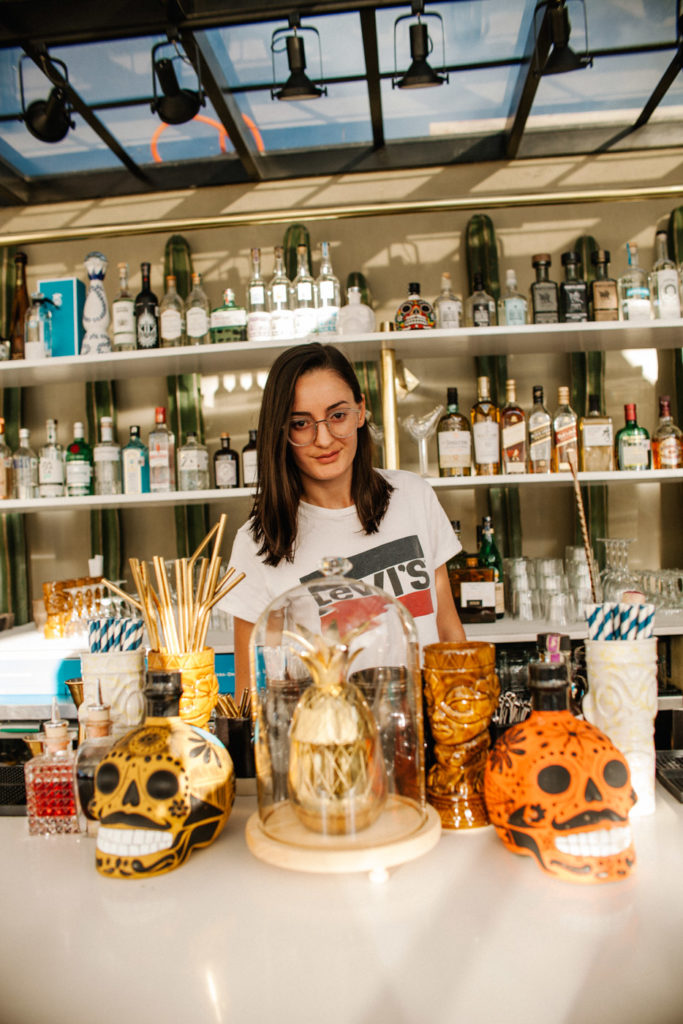
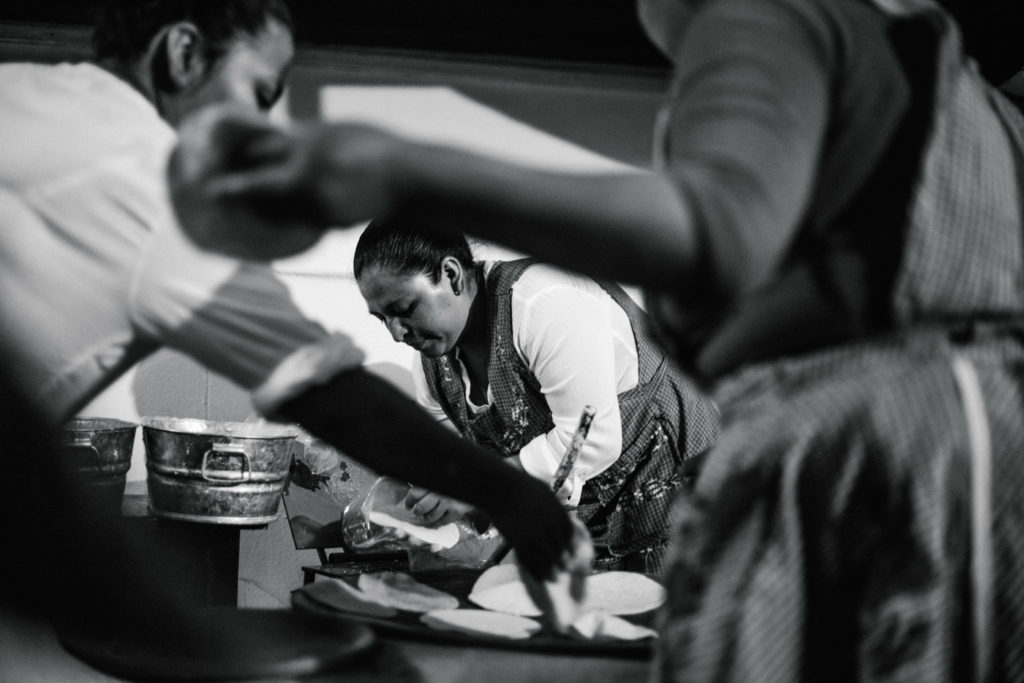
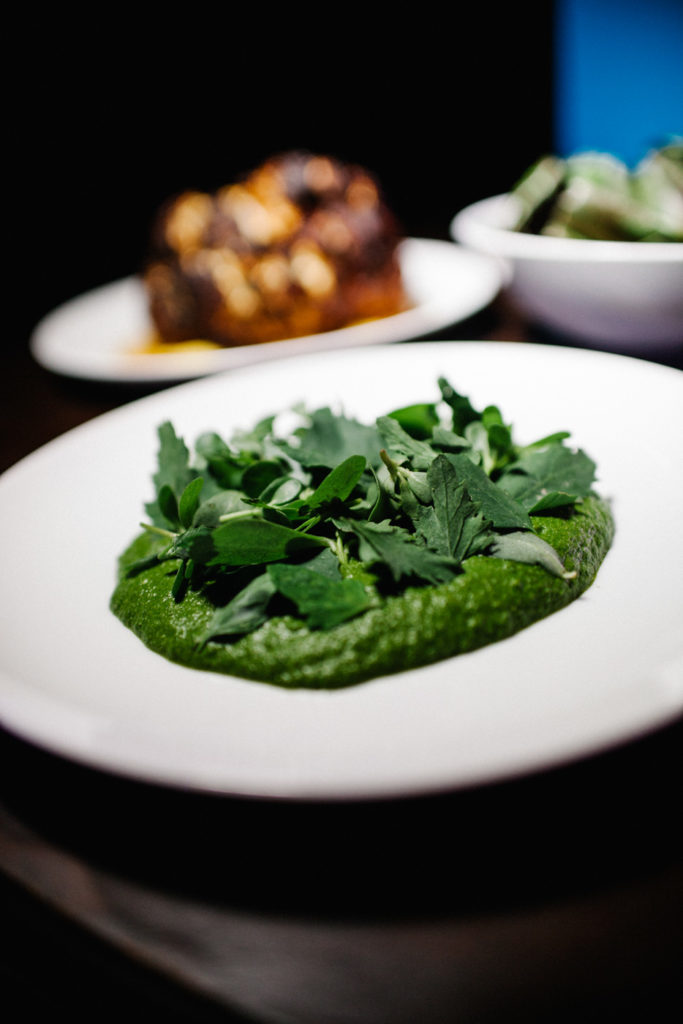
On the night of the big dinner, as the town’s bullring fills with hungry diners, the kitchen is buzzing with anticipation and stress. Three main courses, an appetizer, and dessert for over three hundred people need to be prepared and timed perfectly. Las Chiquis are zooming through the kitchen mixing an hoja santa mole sauce and plating. Soto-Innes is laser focused, directing the kitchen like a conductor and making sure each pumpkin tamal with a guajillo pumpkinseed sauce is perfectly plated. After hours of intensity, the final course leaves the kitchen: a sorbet made of local mandarins.
Women like Gonzalez, Soto-Innes, and Reygadas are paving the way for future generations.
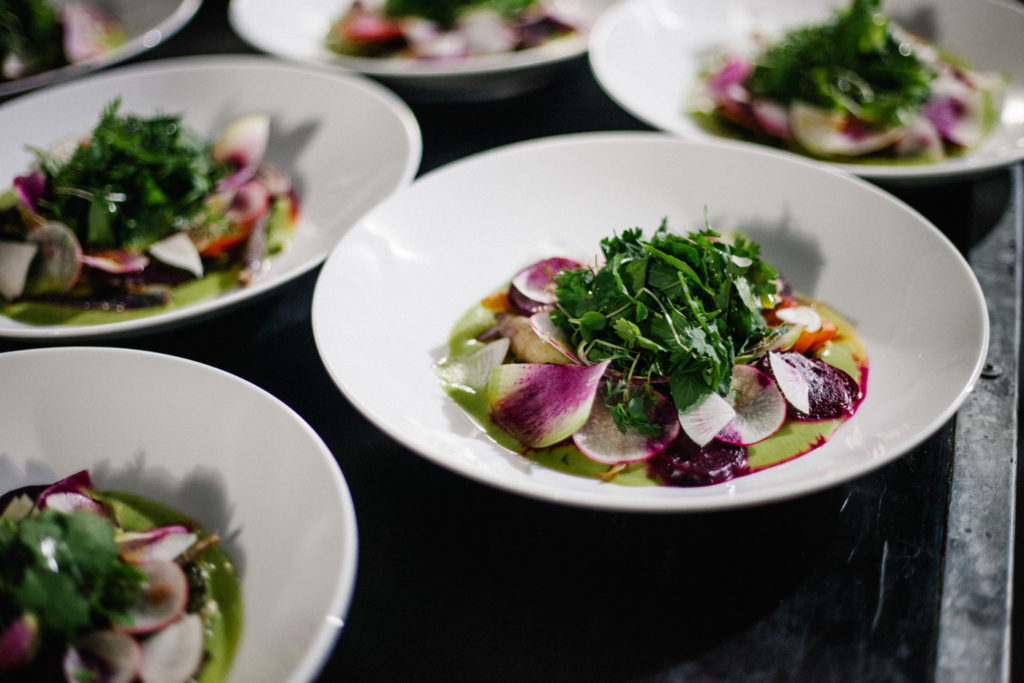
“The role of women in the culinary and beverage world is changing completely,” explains Gonzalez. “I truly feel so proud of Daniela and Elena who have been wonderful partners and supporters. There’s a real community feeling where we can continue moving forward and pass the torch to the next generation in a much more advanced place.”






Our comments section is for members only.
Join today to gain exclusive access.